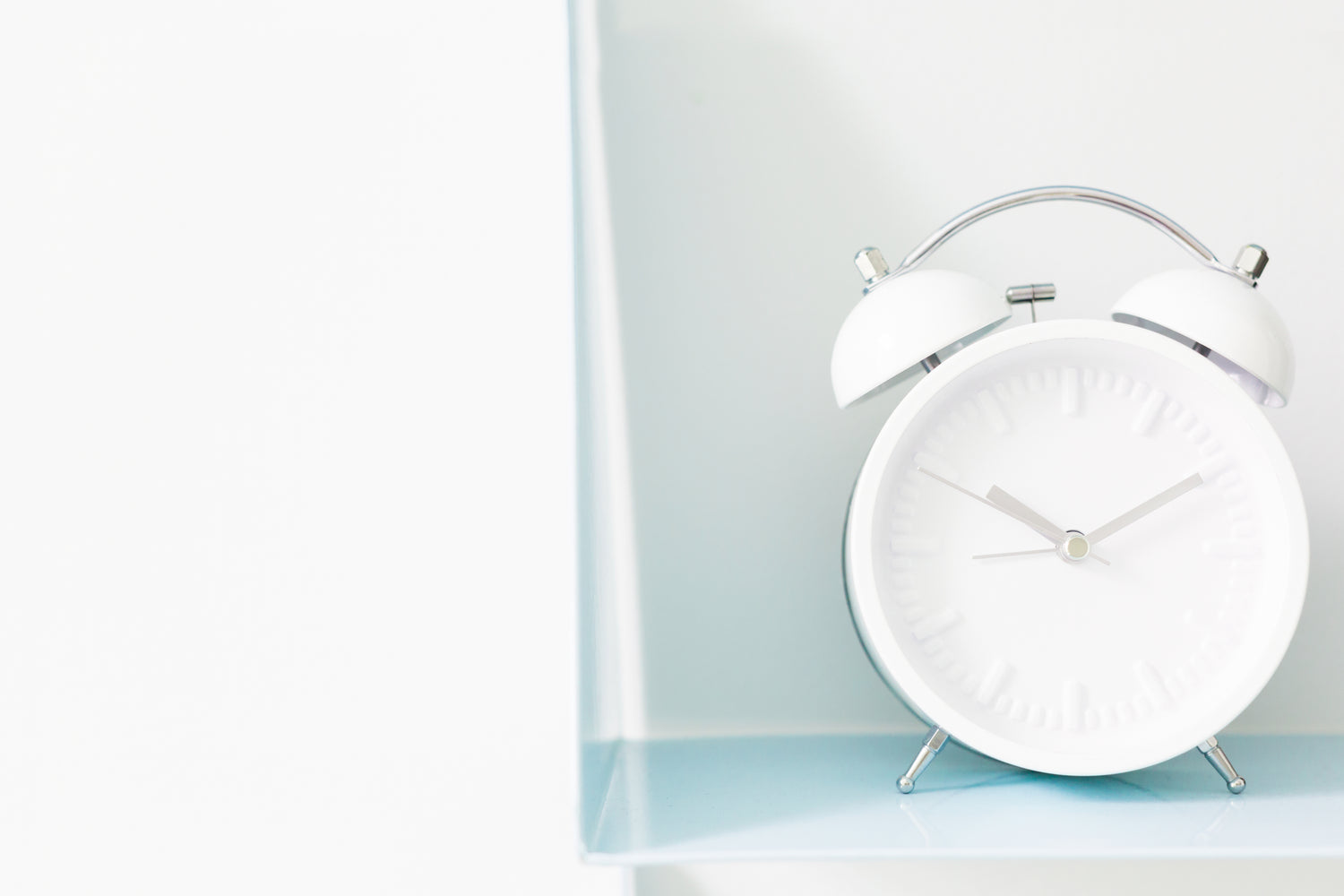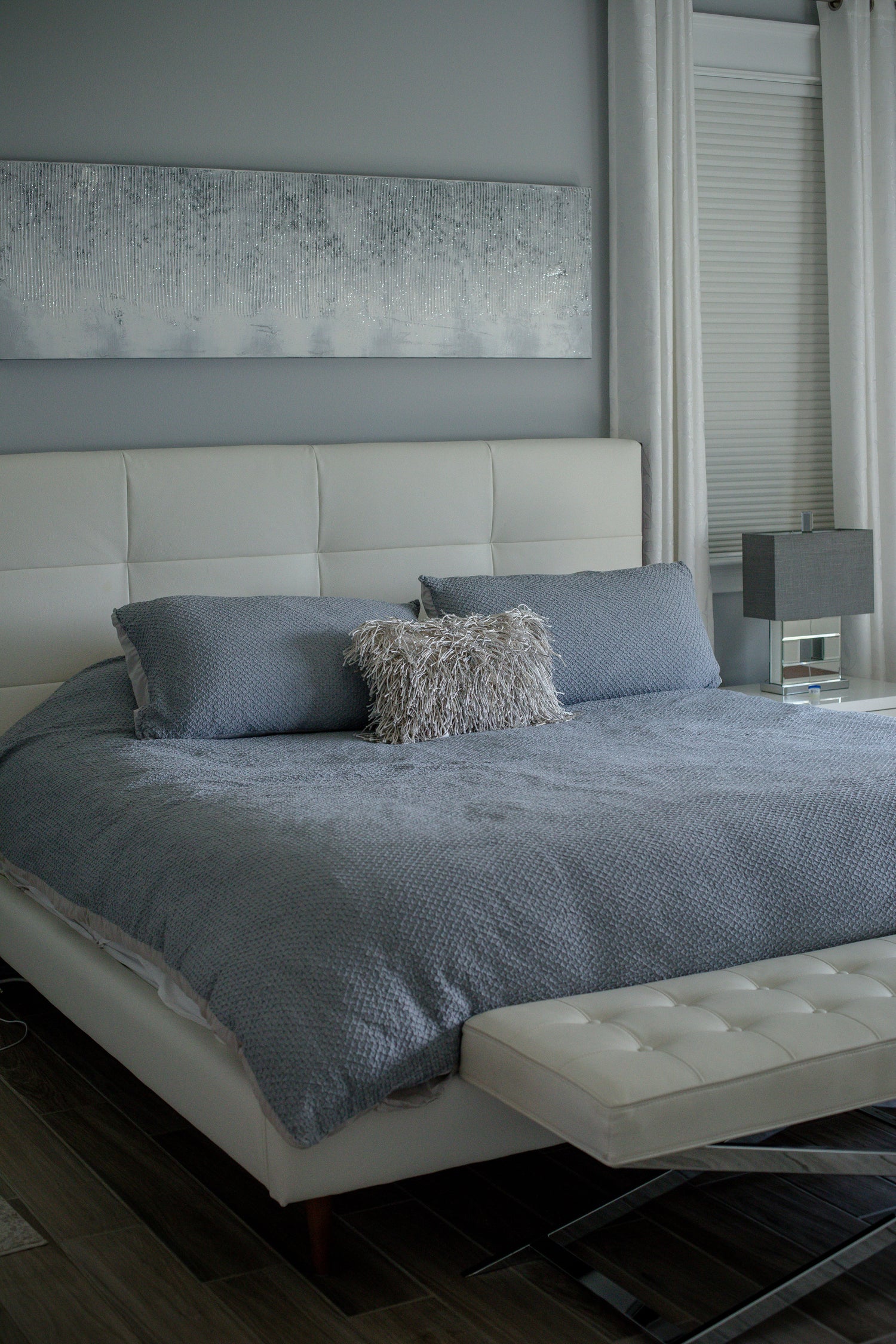sleep science
Although the body is in a still state during sleep, the brain maintains a certain level of activity. Many people have always misunderstood sleep as a passive and static process, or even a waste of time and laziness. However, long-term research by scientists has proven that many important processes occur during sleep, and sleep has a great impact on our physical and mental health. significant impact.
By monitoring brain waves during sleep, it is divided into the following two different sleep stages:
1. [Non-rapid eye movement sleep]
Non-rapid eye movement sleep allows the brain to completely enter a resting state. Non-rapid eye movement sleep can be divided into stage 1, stage 2 and stage 3 (deep sleep) from light to deep. The first stage is a drowsy state, like falling asleep in a car ride. When entering the second stage, the body has difficulty maintaining its original position, and then enters the third stage, also known as deep sleep. During non-rapid eye movement sleep, especially deep sleep, the body secretes a large amount of hormones, which help the body eliminate fatigue and repair cell functions. It also plays an important role in beauty and beauty. It is a natural "cosmetic".
2. [rapid eye movement sleep]
Rapid eye movement sleep is accompanied by rapid eye movement and body muscle relaxation. In addition to resting the body, REM sleep is also known as a supply station for the mind. During REM sleep, some mental activity continues. For example, dreams that people have during sleep may reawaken the data that the sun has touched and present images in the cerebral cortex, which is an important stage in memory reorganization.
[Non-rapid eye movement sleep] and [rapid eye movement sleep] appear alternately
When we fall asleep, our sleep will first enter non-rapid eye movement sleep. About 60 to 90 minutes after falling asleep, the first REM sleep will appear, forming a sleep cycle, each cycle is about 90 minutes, one night Cycle approximately 4 to 6 times. There is a considerable difference in sleep between the first half of the night and the second half of the night. For example, non-rapid eye movement sleep mainly occurs in the first half of sleep and reaches the deepest sleep; after reaching the middle stage, rapid eye movement sleep will gradually lengthen.

盡量保持一致的睡眠作息時間
無論是返工或返學還是放假,都該於固定的時間上床睡覺和起身,好讓身體內的生理時鐘有個固定的時間表。

把床留給睡覺用
建立床和睡眠的聯繫很重要。床只是用來睡覺的,不要將電腦帶到床上,也不要在床上睇電影或電視。如躺在床上約15-30分鐘依然感覺很清醒,應離開床,進行一些放鬆活動,待有睡意時,再回床上嘗試入睡。

固定睡前放鬆時間
睡前預留一段放鬆時間,例如輕讀、伸展,以及放鬆練習。養成固定的睡前活動,比如更換睡衣和刷牙,讓身體知道是時候該睡覺了。睡前不宜重複瀏覽一些令自己或他人不安的資訊。

減少夜晚的電子屏幕使用時間
電子設備已成為日常必需品,應避免睡前一小時使用任何電子設備,因為屏幕上的藍光會干擾睡眠。亦避免在睡房裡打開手機、平板電腦、電視或電腦。

保持舒適的睡眠環境
經常換床單,整理床鋪可以讓你的床感覺清新,創造一個舒適誘人的睡覺環境。 如果你考慮用一張床來給你的睡房煥然一新,可根據自己的喜好選擇合適的床褥、床單、或枕頭等。

日間打開窗簾,接觸陽光
光照可有效的調節生理時鐘。白天盡可能多打開窗戶和窗簾,讓陽光進入室內。注意控制屏幕時間。由手機和電腦等電子設備產生的藍光會干擾睡眠。睡前一小時盡量避免使用這些設備。你可以使用設備設置來減少或過濾藍光。

減少打盹,適當控制午睡時間
如果你整天在家,你可能會忍不住多睡覺。與其隨意打盹,不如考慮一個更有目的性的、一致的午睡時間表。小睡的時間應該限制在30分鐘,因為長時間小睡會給人感到昏昏沉沉,而短時間的小睡可以幫助我們恢復精神。不過你有失眠問題,還是建議你儘量避免小睡。

保持活躍,適當運動
安排多些運動,做一些帶氧運動,可以促進夜晚睡眠,也可以放鬆身心。
